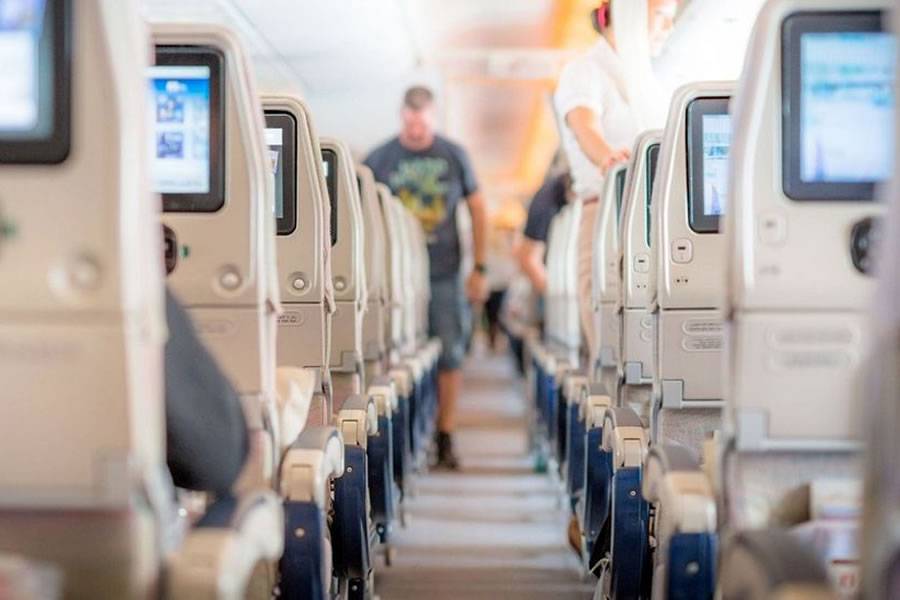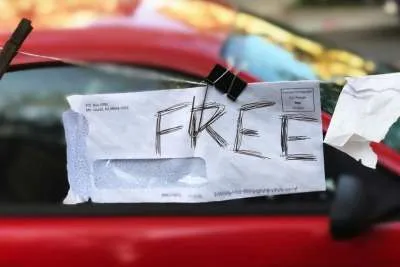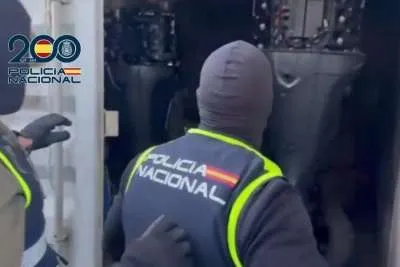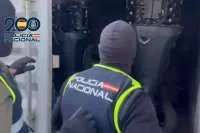EU's proposed fuel tax for passengers is dangerous for tourism warn airlines
- 24-11-2022
- Business
- Canarian Weekly
A new fuel tax, that is to be payable by airline passengers, is currently being debated by the EU and could mean the loss of 45 million tourists a year, “pushing up prices and taking us back to a time when flying was a luxury which few could afford,” said the president of the ALA airline association in Spain, Javier Gándara, yesterday (Tuesday).
Speaking during the presentation of the industry’s expectations for the coming winter season, he said that in their opinion the government has the power to redirect the situation and replace these taxes with measures that contribute to decarbonisation, such as sustainable airline fuel (SAF), and hydrogen or electric propulsion.
The ALA said they will be contacting their counterparts in Portugal and Italy, countries close by which also rely strongly on tourism, to jointly put pressure on the EU not to charge passengers a fuel tax.
Gándara explained that there are 4.4% more airline seats available in Spain, which includes the Canary Islands, this winter than there were in 2019, totalling 114 million between November and March. Demand increased considerably in summer when the number of passengers was 92% of the figure three years previously, and in October the figures were almost the same as before the pandemic.
The extra airline seats which have been laid on over the winter, are mainly due to a significant increase in demand for the Balearic and Canary islands, he said.
Gándara said he believed that air traffic will return to pre-pandemic levels next year, although the war in Ukraine, the energy crisis, and inflation could have an adverse effect. Domestic flights have recovered most from the pandemic (95% of 2019 levels), followed by European flights (85%). International travel has recovered by 79% but some countries, such as China, are still practically closed to visitors.
Spain's mask rule "nonsensical"
Gándara also criticised the Spanish government for still insisting that masks are worn on planes, describing the rule as nonsensical. “We don’t understand why Spain is the only EU country insisting on this, and one of only a few countries in the world,” he said. He believes it distorts competition between operators and said mask wearing should now become voluntary.



























































